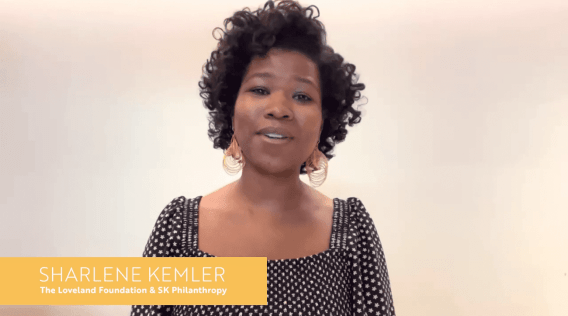Editor’s Note: This interview in our Feminist Giving IRL series features Tyeshia Wilson, director of engagement for Philanthropy Together.

1. What do you wish you had known when you started out in your profession?
Working in philanthropy is one of the most rewarding and self-fulfilling careers, ever. I’m altruistic, I’m a humanitarian, and I’m passionate about service. Looking back, I only wish I had been exposed to the idea of a career in philanthropy earlier. If I was aware of this alignment between my heart and the work of this field, I would have started in this profession much sooner and likely pursued philanthropic studies in school.
Read More









